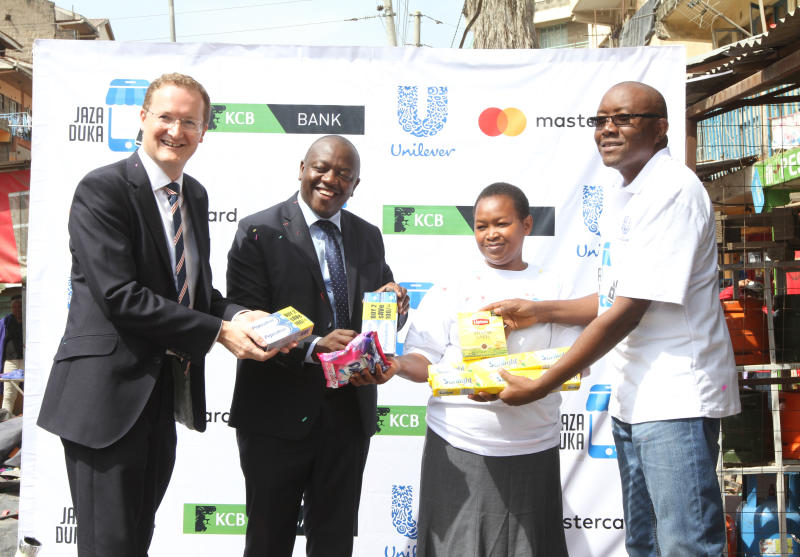×
The Standard e-Paper
Home To Bold Columnists

Unilever is offering small traders low-cost credit to stock up its fast-moving consumer goods as it overhauls its supply chain.
Through the model used by established retailers such as supermarkets, the traders can get up to 35 per cent of their stock on credit and pay as little as 3.5 per cent for the facility.